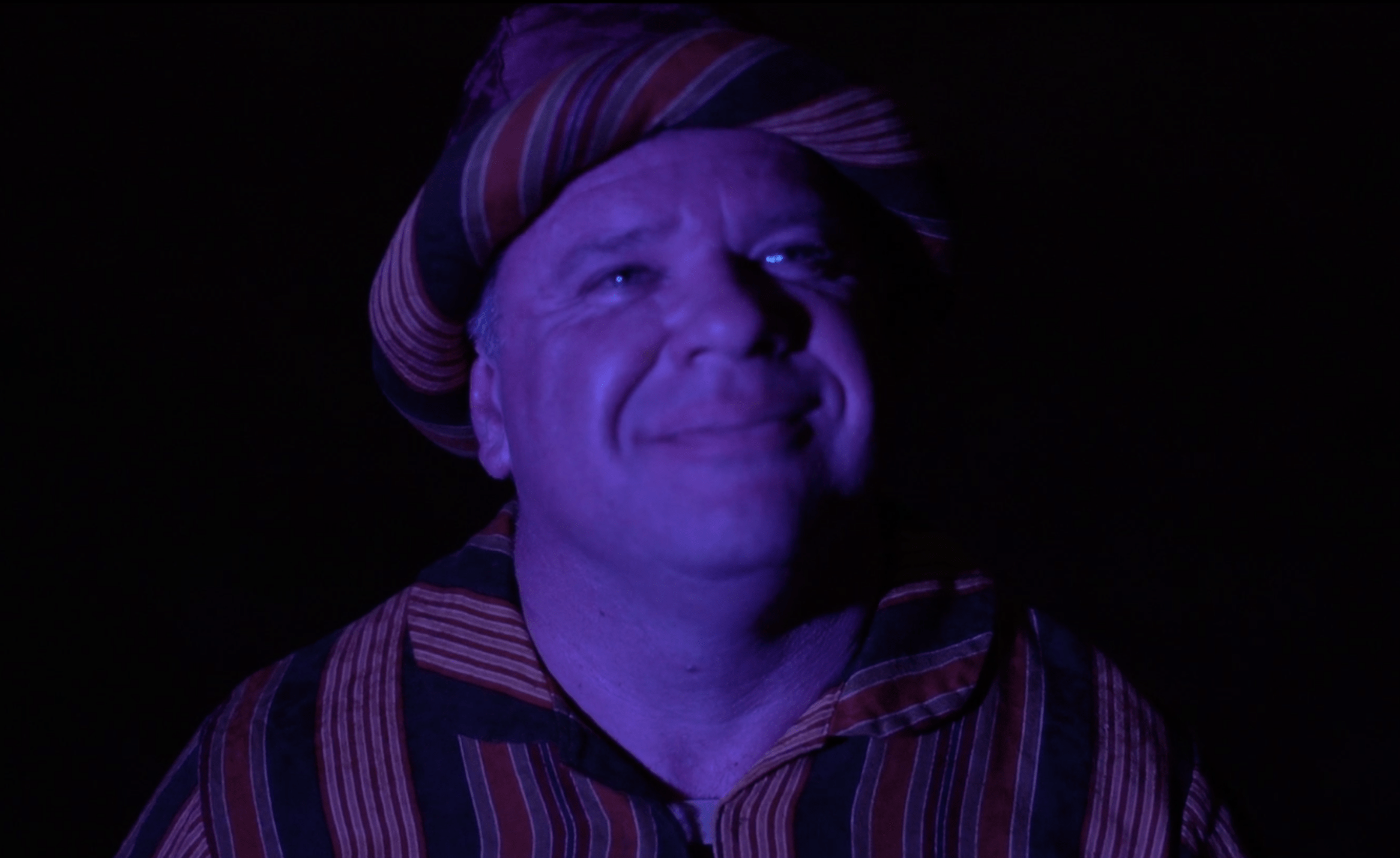The Journey of the Magi: A Journey of Faith
By: Nash Meade
“…With the voices singing in our ears, saying
That this was all folly…”
T.S. Eliot, “The Journey of the Magi”
Read the full poem here: https://poetryarchive.org/poem/journey-magi
T.S. Eliot’s poem serves as a unique perspective into one of the little talked about aspects of the Christmas Story. Of course, the birth of Christ is the most important aspect of the story, but the journey the Magi made to see the Christ child serves as more than just the basis of a short poem.
Although we know little about the Magi (the more technical term for “wise men”) mentioned in the story, there are some things that can be inferred based upon the time period. First, these men would have been scholars of both science and religion, and they would have been extremely wealthy—a point which Eliot makes. Second, the journey that these Magi undertook was no weekend jaunt. The Magi most likely traveled for multiple years to get to the Christ child, meaning that their journey would have been over rough terrain and full of many of the dangers of long-distance travel during ancient times. The fact that they all (we do not know how many there actually were) made it is almost as much of a miracle as the star which stood over the manger.
However, what the Magi truly exemplify is what all Christians ought to exemplify: a willingness to go. The Magi dropped everything to travel to see Jesus, and what they discovered at the end is what many Christians often times fail to see: that the journey is far more important than the destination. Of course, Eliot’s work is fiction, but the principles presented in it, along with the true historical evidence, is enough to make a point.
Before the journey even began, the Magi had to be ready and waiting. Had the Magi not been faithful to watching and waiting for God’s signs, they could have easily chalked up the rogue star as an astrological event, instead of a sign from God. But, because of their faith, they knew the moment they saw the star that they had to move.
Christians, much like the Magi, must be ready and waiting, watching for a sign from God that tells them to move. The Magi did not stop and worry about whether or not the journey would be difficult or dangerous; they moved on faith, and faith alone. This “leap of faith,” as it is often called, is something which Christianity seems to have lost today. We have become content to simply watch for signs that God is there, instead of seeking to move.
As I said before, though, the purpose of this movement is to start the journey. There is nothing saying that this journey will be easy: the Magi found that out soon after they left. However, it is through the journey that God is able to work.
Eliot concludes the poem with a line from one of the Magi: “I should be glad of another death.” Eliot thought that this journey would have been so difficult that the Magi would have considered it akin to death; and yet, when they saw the Christ child, when they saw what it was at the end of this journey, one of the Magi said that he would be glad to go through it all over again. As arduous as the journey was, they learned much about themselves, and, upon reaching the baby, they knew that it had been worth it all.
Today, the few Christians, myself included, who are willing to journey at all often stop halfway through because of the difficulty of it all. We often forget the end goal and the transformative purpose of the journey itself. Like the Magi, we too will stand before Christ one day, and He will ask us whether or not we made the journey because the journey is more important than the goal.
The worst thing we do as Christians is look at life as if it is some horrible thing that prevents us from seeing God: that was never how it was intended to be. Even with the Fall, God does not wish us to only be looking towards death; He wants us to experience and enjoy life to the fullest. He does not promise that the journey will be easy, but He does promise that it will be worth it in the end. Maybe Søren Kierkegaard, a Christian philosopher from the mid-1800s, said it best: “Life is not a problem to be solved, but a reality to be experienced.”
Want to learn more about the story of the Magi? Watch our newest short film, “Messiah,” today, on YouTube: https://youtu.be/ZVMKpA0O2Uc







